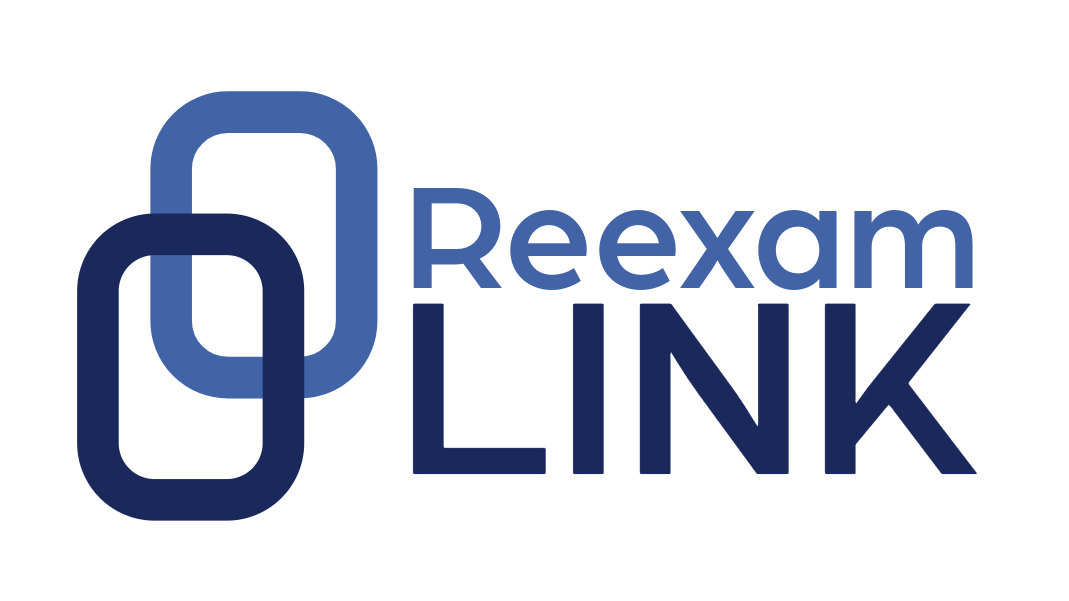In the first covered business-method patent review ever filed (CBM2012-000001), SAP America and Versata Development Group are in a dispute as to whether a litigation attorney for Versata should be admitted pro hac vice in the PTAB trial. Apparently there is concern by SAP’s counsel about the attorney’s participation, because the Versata litigator was exposed to sensitive information, including information about SAP’s products, covered under a protective order in the earlier litigation (currently on appeal before the Federal Circuit). SAP is concerned that the sensitive information (which it asserts is more than is publicly known), would give Versata an unfair advantage in the trial.
In an order entered November 1, 2012 as paper no. 16, the PTAB summarized the arguments and requested further information about the protective order from the parties before making a final determination:
SAP Opposes Versata’s request. SAP Opposition to Motion for Pro Hac Vice Admission, Paper 15. SAP states that Mr. Cole, as trial counsel in the related litigation, gained access to highly confidential and proprietary information about SAP and its products. The use of this information is said to be governed by a protective order from the district court. SAP expressed a concern that Mr. Cole’s participation in both the district court litigation and the review proceeding puts him in a position where he could affect the scope of the claims of the ’350 patent while knowing how SAP’s products operate beyond that publically known. Id. at 2. SAP also represents that:
[A]llowing Mr. Cole to participate in this proceeding could effectively circumvent the restrictions of the underlying district court’s protective order, which precludes litigation counsel’s use of any SAP protected materials beyond the scope of that litigation.
Id. at 3.
In addition to Mr. Cole, Versata also seeks to employ expert witnesses in this proceeding that had access to SAP’s confidential information in the related litigation. SAP again sought to oppose this reliance representing that the protective order in the related litigation precluded the use of experts and consultants that received information under the district court protective order in proceedings before the Office.
Versata sought to allay SAP’s concerns by stating that they would not seek to file a motion to amend in this proceeding. The Board appreciates Versata’s attempt to lessen any potential prejudice to SAP should Versata be authorized to rely upon Mr. Cole and the requested experts. The Board however, has reviewed Versata’s motion for pro hac vice and has determined that it requires further information regarding the protective order to better understand what, if any, impact the district court’s protective order has upon this proceeding.
Versata’s offer to forego amendment is directed to a frequent concern of patent owners in reexamination proceedings who seek to bar litigation counsel with access to protected information from participating in prosecution activities. But in responsive briefing, SAP identified a concern beyond mere amendment of the ‘350 patent:
Regarding Section I.c of the Board’s Order, Versata’s offer not to amend its claims does not allay SAP’s concerns regarding participation by Versata’s lead trial counsel in this proceeding. It is well established that, with or without a formal amendment, statements and arguments made during post-grant proceeding can change the meaning of a claim term, and thus scope of that claim. See Marine Polymer Technologies, Inc. v. Hemcon, Inc. 672 F.3d 1350, 1363-64 (Fed. Cir. 2012) (en banc); Am. Piledriving Equip., Inc. v. Geoquip, Inc., 637 F.3d 1324, 1336 (Fed.Cir.2011); CIAS, Inc. v. Alliance Gaming Corp., 504 F.3d 1356, 1362– 63 (Fed.Cir. 2007). Thus, even if Versata does not amend its claims, Mr. Cole can still influence the scope of Versata’s claims through his participation in this proceeding.
It is now up the PTAB to make a decision in this dispute. It will be interesting to see how that PTAB uses the information concerning the protective order to decide this matter. We will all stay tuned.

Leave a Reply